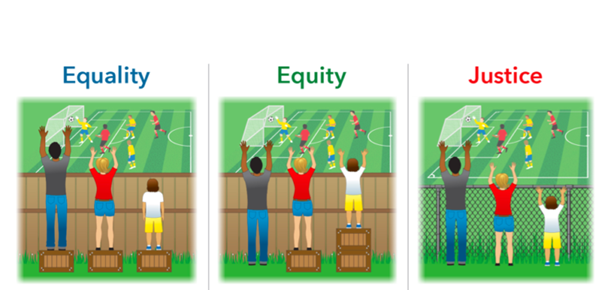Students need academic accommodations for different reasons and sometimes for different periods of time. There are many reasons why a student may require supports. Some reasons are due to temporary situations, while others may be longer term and result from permanent exceptionalities.

Students identified with an exceptionality who received accommodations in high school must proactively engage with their college’s Access and Support Centre to have their needs assessed. This information does not automatically transfer to the post secondary environment. Older students or those educated in other provinces or countries may not be aware that academic accommodations are available. It is also possible that students may not advocate for their needs due to fear of discrimination or other negative consequences of disclosure.
Inclusive and accessible learning environments provide all learners with the opportunity to succeed. The Ontario Human Rights Commission outlines the responsibility of post-secondary educators as follows:
Educators at the post-secondary level are responsible for participating in the accommodation process (including the provision of specific accommodations), being knowledgeable about and sensitive to disability issues, and maintaining student confidentiality. (Accommodating students with disabilities – Roles and responsibilities (fact sheet) | Ontario Human Rights Commission (ohrc.on.ca))
While students are not required to disclose their exceptionality or need for accommodations, facilitators are able to support student success by:
- At the beginning of each course, encouraging students to confidentially communicate any learning accommodations/needs they may have.
Students may approach you with an Access Plan. This is a document that outlines the student’s accommodation needs. Encourage students to maintain communication of their needs throughout the duration of the course. - Direct students who require additional supports to engage with the Access and Support Centre at their registering college (DC registered students can connect our Access and Support Centre).
- Additional Resources:
-
- Durham College Policy and Procedure: Accommodations for Students with Disabilities/Exceptionalities,
- Durham College – Access and Support Centre: includes information on assistive technology and accessible documents
- Accessible Library Services
- Teaching Resources: Universal Design for Learning
Most importantly, remember we are here to support. If you have questions about how to create inclusive spaces, please connect with your manager for further support and resources.
